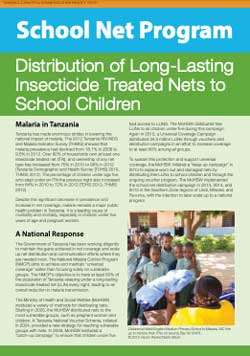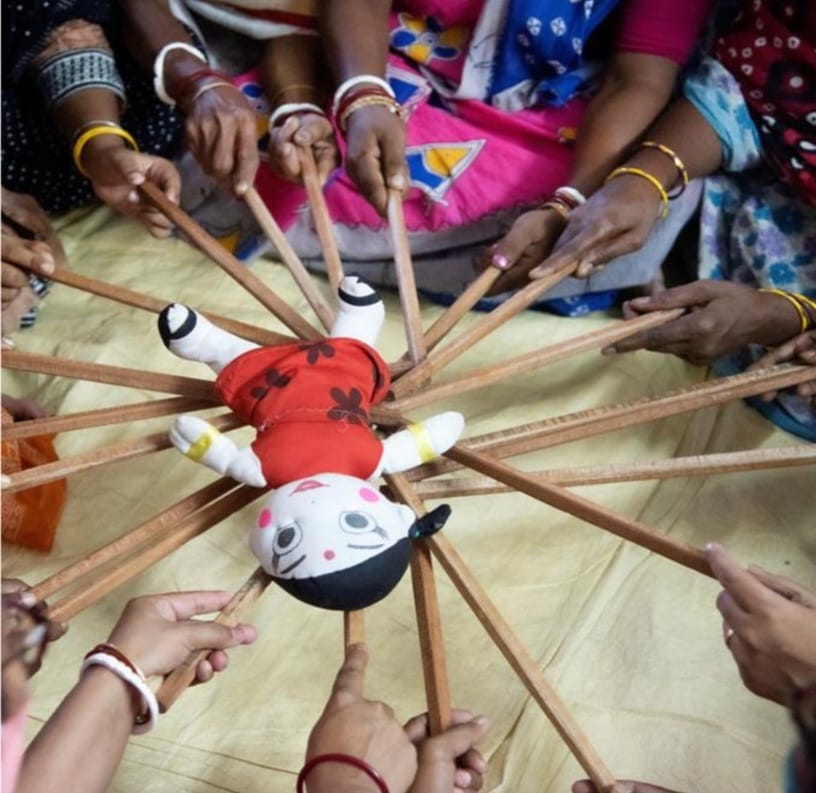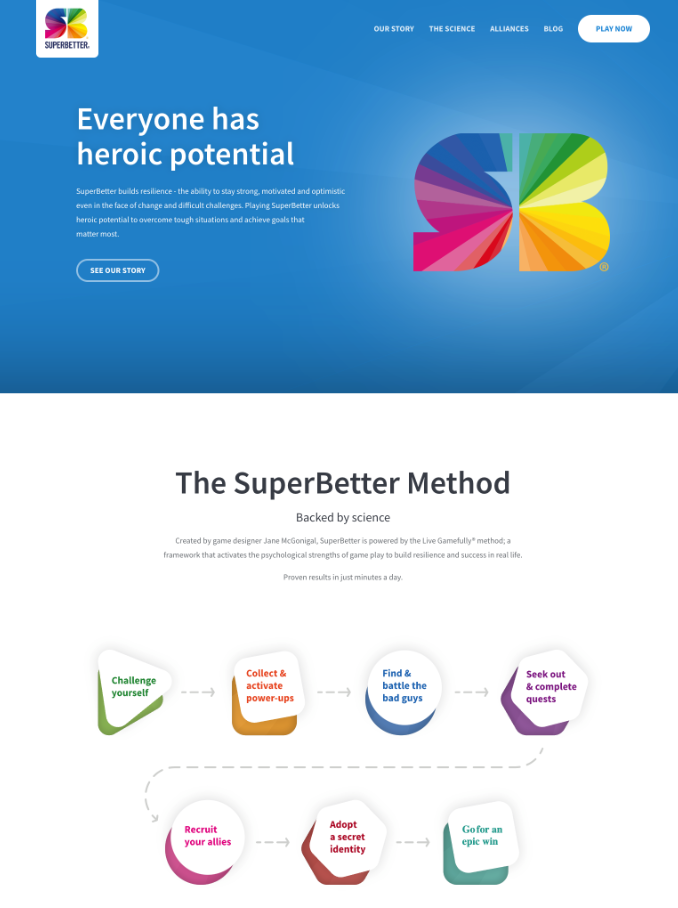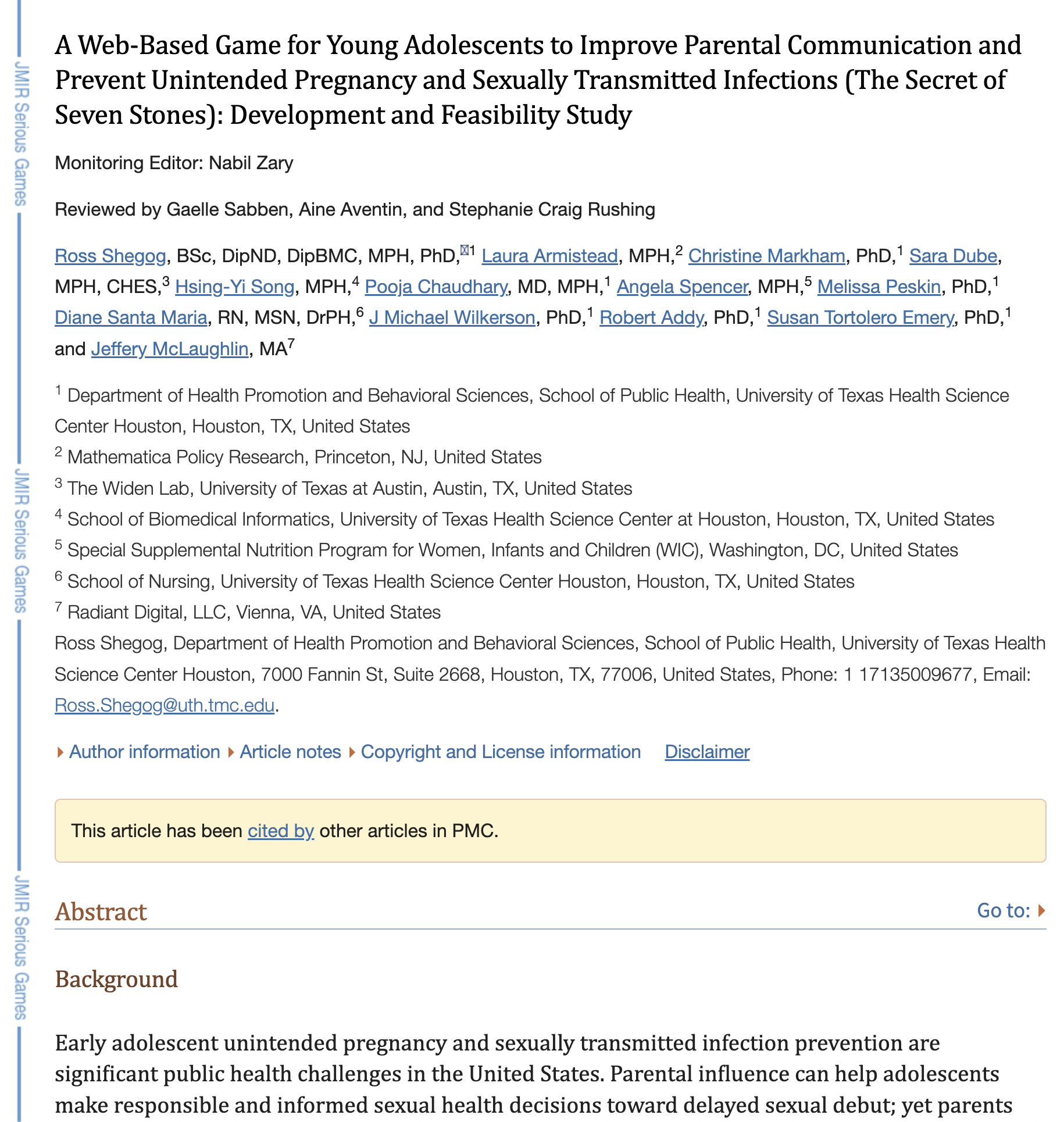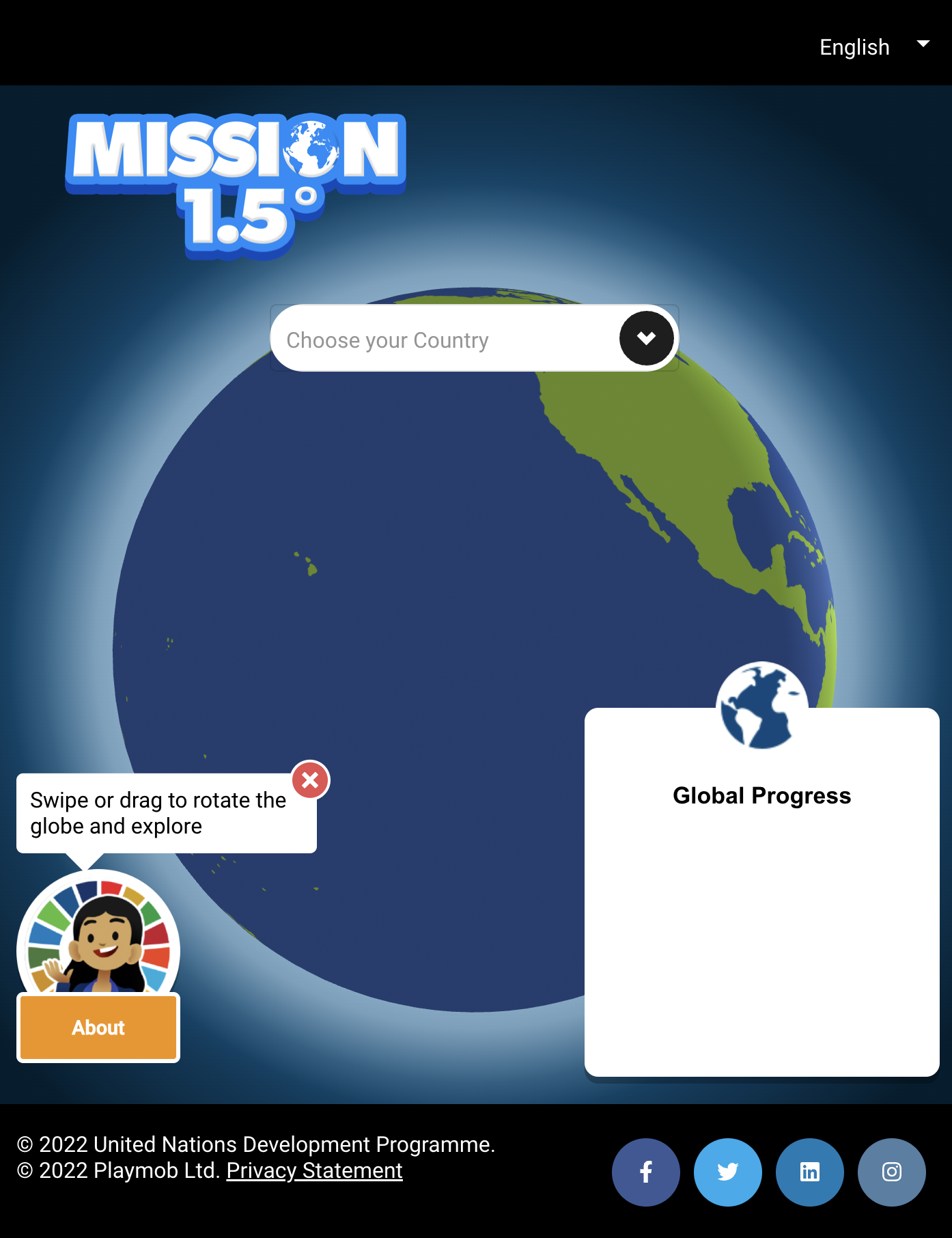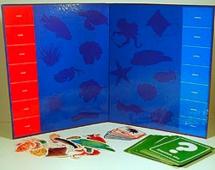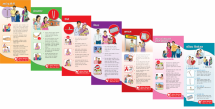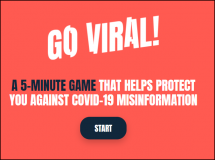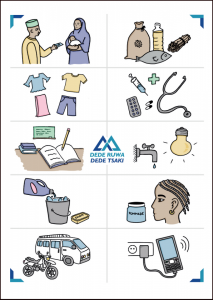Me and My Coral Reef Game
SeKarang! was a campaign in Indonesia (1999-2002) combining mass media and community-based approaches to promote marine resource management and specifically to save the coral reefs of the country. The stated goal of the project was To protect, rehabilitate and achieve sustainable use of coral reefs and associated ecosystems in Indonesia, in order to enhance the welfare of coastal communities. The communication component of the campaign focused on educating the public on the how and why of coral reef protection and on creating political pressure & support.
The campaign included videos, radio spots, workshops for journalists, and other communication products. Evaluation showed that the higher the exposure to the campaign’s communication activities/materials, the larger the impact on knowledge, attitudes, motivations, and involvement in coral reef management efforts. Also, an increase in the reported use of relatively reef-friendly techniques appeared to be related to campaign exposure.
– See more at: http://stg.thehealthcompass.org/project-examples/terumbu-karang-tinggal-…
SeKarang! was a campaign in Indonesia (1999-2002) combining mass media and community-based approaches to promote marine resource management and specifically to save the coral reefs of the country. The stated goal of the project was To protect, rehabilitate and achieve sustainable use of coral reefs and associated ecosystems in Indonesia, in order to enhance the welfare of coastal communities. The communication component of the campaign focused on educating the public on the how and why of coral reef protection and on creating political pressure & support.
The campaign included videos, radio spots, workshops for journalists, and other communication products. Evaluation showed that the higher the exposure to the campaign’s communication activities/materials, the larger the impact on knowledge, attitudes, motivations, and involvement in coral reef management efforts. Also, an increase in the reported use of relatively reef-friendly techniques appeared to be related to campaign exposure.
The objective of this game is to educate school children in an interactive manner about the creatures of the coral reef, threats toward the coral reef and the protective actions toward the coral reef. The game was received with high enthusiasm by school children, school teachers, parents, and government authorities.
Source: Johns Hopkins University Center for Communicaiton Programs, Indonesian Institute of Sciences (LIPI)
Date of Publication: August 2, 2021

